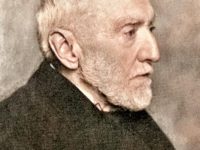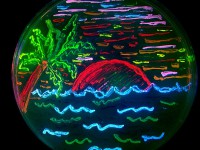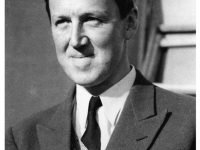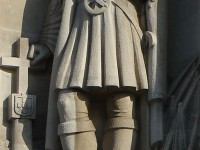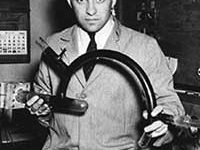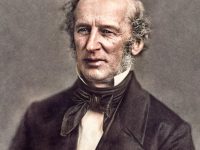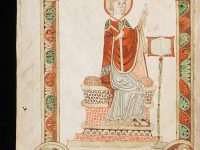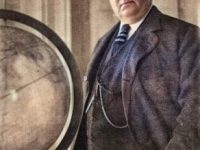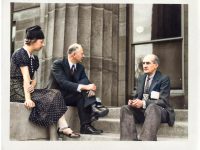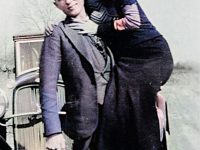Henry Faulds and the Forensic Use of Fingerprints
On June 1, 1843, Scottish physician and missionary Henry Faulds was born. Faulds became a missionary in Japan, where he worked as a surgeon superintendent at a Tokyo hospital, taught at the local univeristy, and founded the Tokyo Institute for the Blind. He is probably best known for his study of fingerprints, where he became convinced that each individual had a unique pattern. Historic Use of Fingerprints It is believed that fingerprints…
Read more

